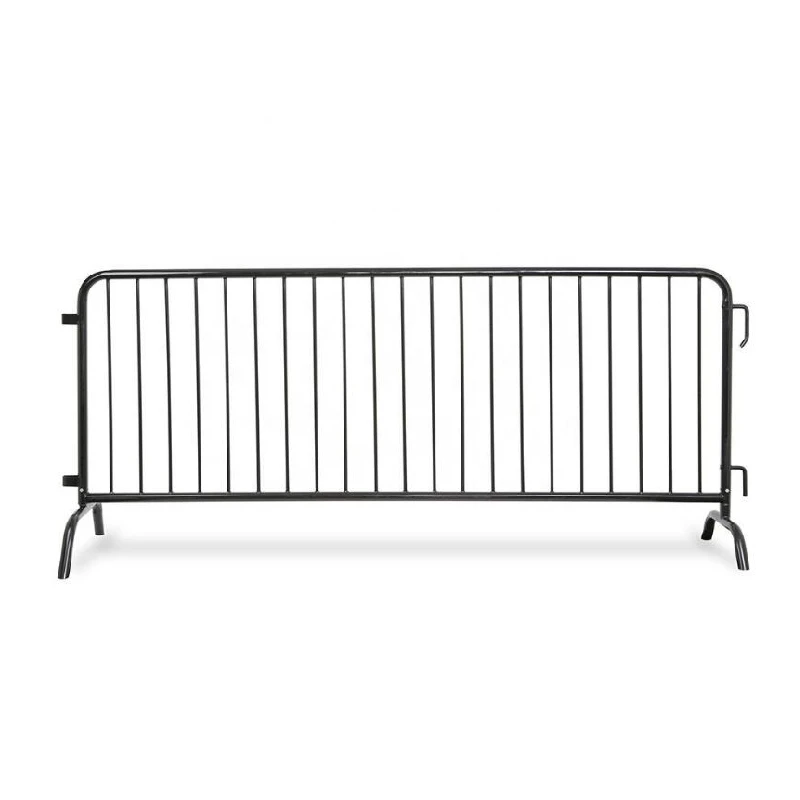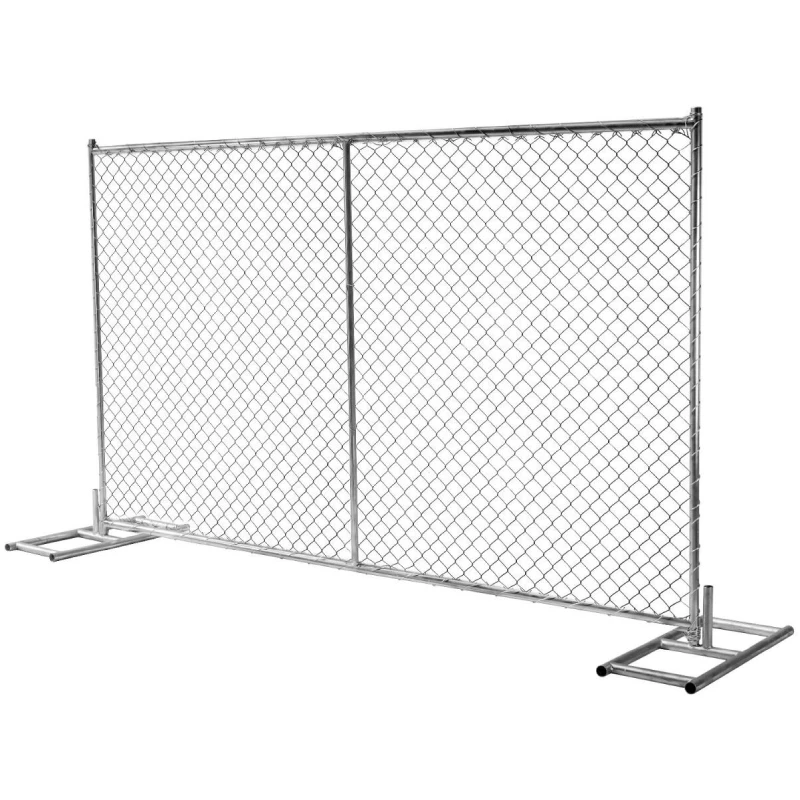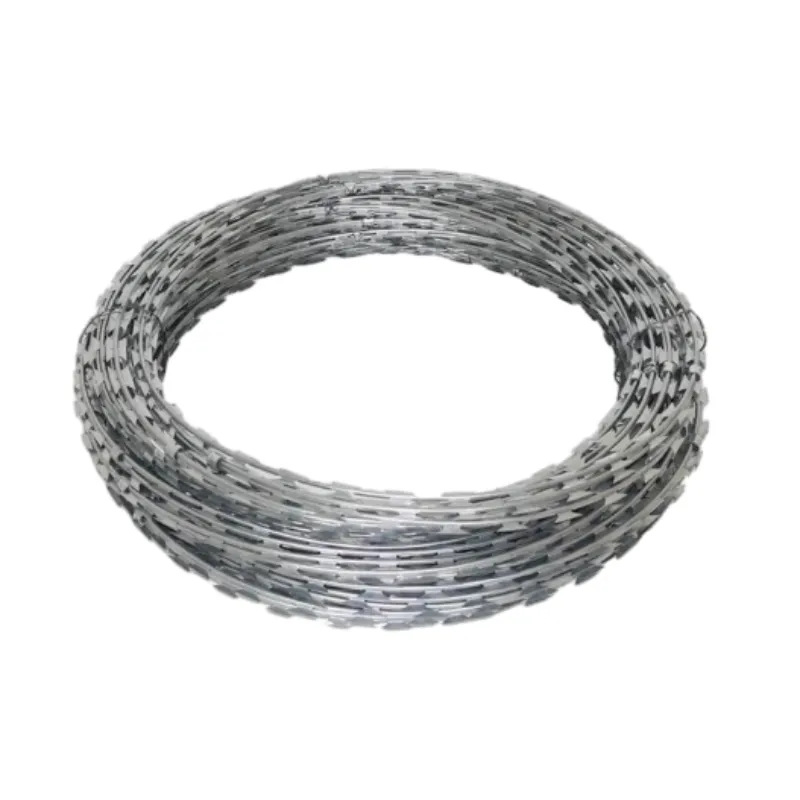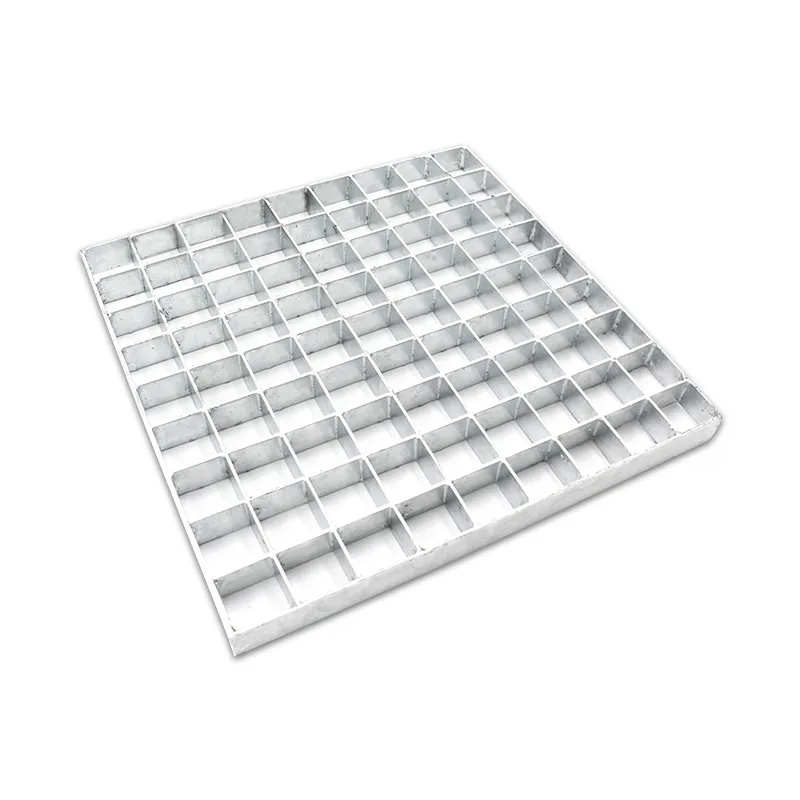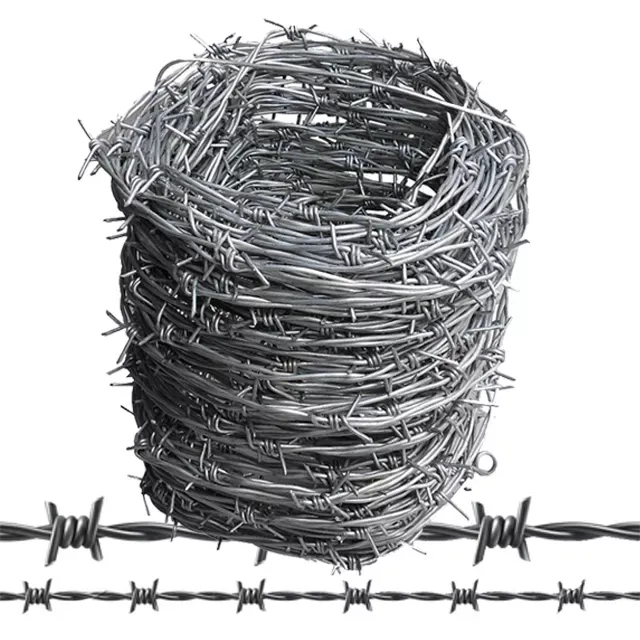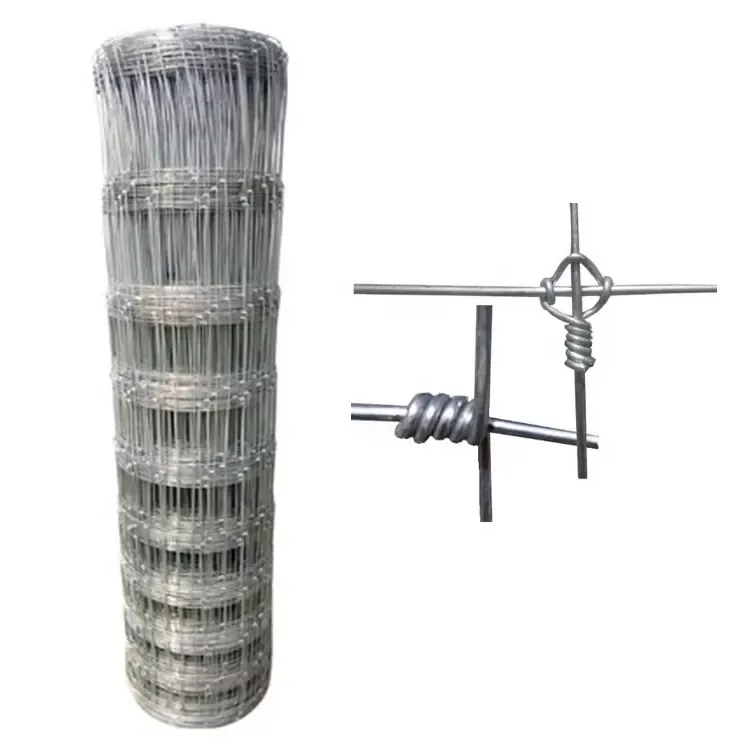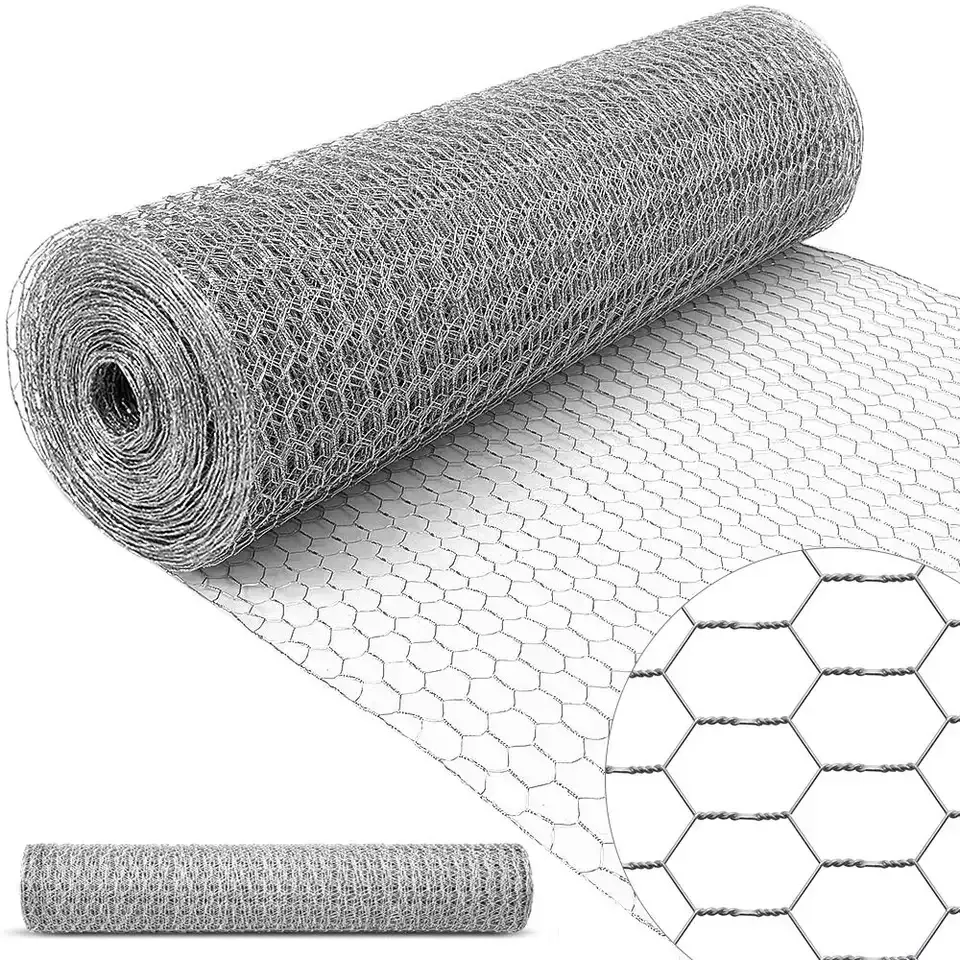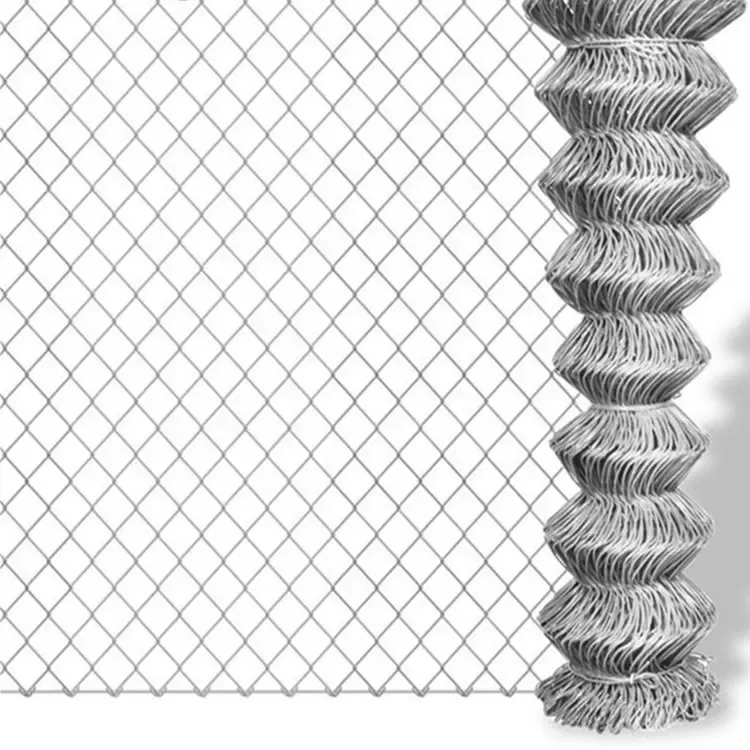
- Afrikaans
- Albanian
- Arabic
- Armenian
- Azerbaijani
- Basque
- Belarusian
- Bengali
- Bosnian
- Bulgarian
- Croatian
- Czech
- Danish
- Dutch
- English
- Esperanto
- Estonian
- Finnish
- French
- Galician
- Georgian
- German
- Greek
- hawaiian
- Hindi
- Hungarian
- Indonesian
- irish
- Italian
- Lao
- Latvian
- Lithuanian
- Luxembourgish
- Macedonian
- Maltese
- Myanmar
- Norwegian
- Polish
- Portuguese
- Romanian
- Russian
- Serbian
- Slovak
- Somali
- Spanish
- Swedish
- Thai
- Turkish
- Turkmen
- Vietnamese
Nën . 20, 2024 02:20 Back to list
wire mesh gauge
Understanding Wire Mesh Gauge A Comprehensive Guide
Wire mesh is an essential component in a wide array of industrial and commercial applications, ranging from construction and manufacturing to agriculture and landscaping. One of the critical aspects of wire mesh is its gauge, which determines the thickness of the wire used to create the mesh. Understanding wire mesh gauge is vital for selecting the right type of mesh for specific applications, ensuring durability, functionality, and cost-effectiveness.
Wire gauge refers to the measurement of the thickness of the wire. It is often measured using the American Wire Gauge (AWG) system, which operates on a reverse scale the smaller the gauge number, the thicker the wire. For instance, a 10-gauge wire is thicker than a 20-gauge wire. This relationship is crucial because the thickness of the wire influences the strength, flexibility, and overall performance of the mesh.
When choosing wire mesh, the gauge of the wire affects several important factors. The most significant of these is strength. Thicker wire provides greater tensile strength, making the mesh more resistant to bending, breaking, or deforming under stress. This is particularly important in applications like fencing, where the wire mesh needs to withstand external forces, including wind, impact, and animal interference. Therefore, if the wire mesh is intended for heavy-duty applications, opting for a lower gauge (thicker wire) is advisable.
Another factor influenced by wire gauge is the opening size. The gauge can affect the spacing between the wires in the mesh, which in turn determines the size of the openings. Smaller openings are beneficial for applications that require filtration or separation, such as in screens for sand or gravel. Conversely, larger openings enable airflow while still providing structural integrity in applications like animal enclosures or garden fencing. Therefore, it is essential to consider both gauge and opening size in the design phase of a project.
wire mesh gauge

In addition to strength and opening size, the wire gauge also impacts the weight and cost of the mesh. Thicker wire is heavier, which can lead to increased shipping costs and may require more robust support structures. Conversely, lighter meshes, made from thinner gauges, may be more economical upfront, but they could necessitate more frequent replacements or repairs, potentially leading to higher long-term costs.
Durability is another vital consideration linked to wire mesh gauge. A thicker gauge wire typically offers better resistance against corrosion and wear, which is critical for outdoor applications or in environments exposed to moisture or corrosive elements. Selecting the appropriate gauge can extend the lifespan of the wire mesh, providing better value over time.
When selecting a wire mesh for a specific project, it's important to evaluate the requirements of the application meticulously. Considerations such as strength, opening size, weight, cost, and environmental factors should all play a role in your decision-making process.
In conclusion, wire mesh gauge plays a pivotal role in defining the characteristics of wire mesh products. By understanding how gauge affects strength, opening size, durability, and overall cost, you can make informed decisions that ensure the success of your projects. Whether you require robust fencing, filtration systems, or decorative applications, grasping the nuances of wire mesh gauge will guide you toward the right solutions tailored to your specific needs.
-
Your Ultimate Solution for Australian Temporary Fencing
NewsMay.14,2025
-
The Ultimate Guide to Crowd Control Barriers: Secure Your Events with Ease
NewsMay.14,2025
-
Secure Your Livestock with High-Quality Livestock Fence Panels
NewsMay.14,2025
-
Enhance Your Livestock Management with Top-Quality Cattle Fences
NewsMay.14,2025
-
Enhance Security and Safety with Temporary Fencing Solutions
NewsMay.14,2025
-
Corral Gates
NewsMay.14,2025


